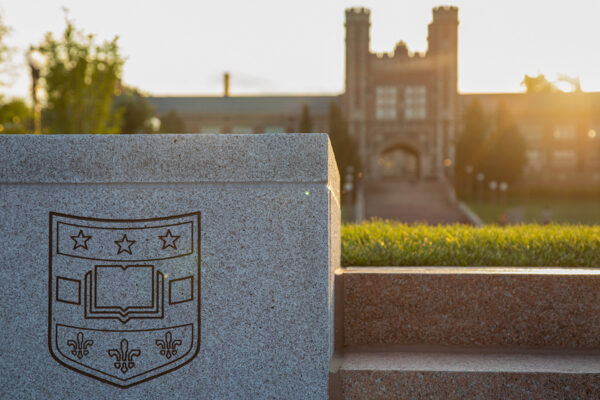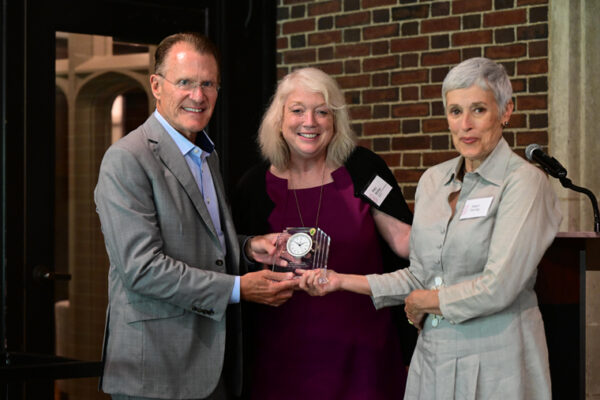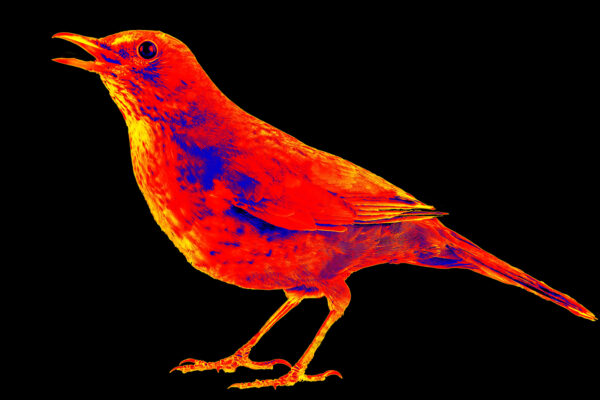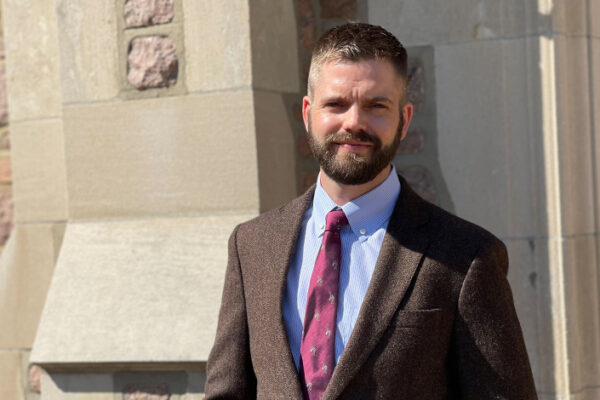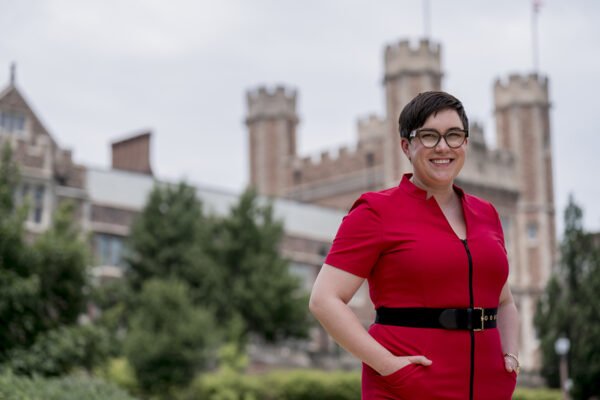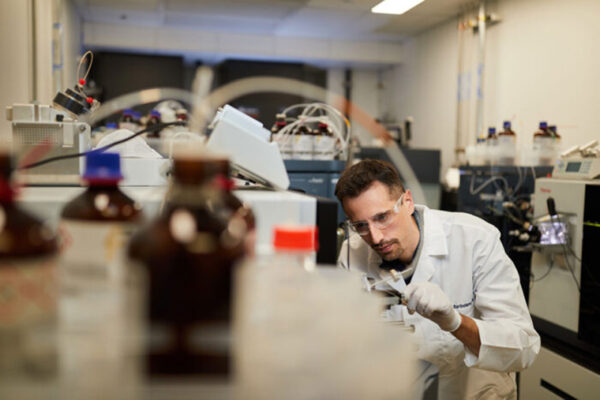Flash flood impacts, responses
University leadership provides an update on how flash flooding impacted the campus community as well as resources available for those who are affected.
John and Alison Ferring receive Harris Award
John and Alison Ferring were honored with the 2022 Jane and Whitney Harris St. Louis Community Service Award in June.
Cigarette smokers who try to quit often end up vaping and smoking
Researchers at Washington University School of Medicine have found that as people who smoke cigarettes attempt to quit, some move to e-cigarettes, but such people often become dual nicotine users, smoking and vaping. Researchers found that smoking-cessation treatments can help such users quit.
The birds and the bees — and the temperature gauge
Animals will often put their lives on the line for reproduction, even if it comes at the cost of being the wrong temperature. New research from biologist Michael Moore in Arts & Sciences could help reveal the pathways that organisms might take as they adapt to a warming world.
Goldbach wins $3M NIH grant to study violence in LGBTQ adolescents
Jeremy Goldbach, the Masters & Johnson Distinguished Professor in Sexual Health and Education at the Brown School, has received a five-year $3 million grant from the National Institutes of Health (NIH) to better understand intimate partner violence among LGBTQ adolescents.
Primary voting is ‘civic duty’
Want more moderate candidates in the general election? Increasing voters’ participation in primary elections is one of the most effective ways to combat hyperpartisanship, says Daniel Butler, an expert in American politics at Washington University in St. Louis.
NSF funds training program to boost regional quantum workforce
The National Science Foundation is investing $3 million in a new graduate student training program for aspiring scientists and educators who want to explore careers in quantum science at St. Louis-area research laboratories, private companies and other facilities.
James appointed executive director of admissions
Grace Chapin James, formerly director of student recruitment and admissions at the University of Chicago’s Booth School of Business, has been appointed executive director of admissions at Washington University in St. Louis, announced Ronné Turner, vice provost for admissions and financial aid.
One-hit wonder: How awards, recognition decrease inventors’ creativity
New research from Olin Business School has identified one reason why some first-time producers struggle to repeat their initial creative productions while others go on to continually produce creative works.
New center’s aim: to ID biomarkers of neurodegenerative diseases
The Tracy Family SILQ Center for Neurodegenerative Biology has been established at the School of Medicine. The center aims to help researchers discover, study and validate biomarkers of neurodegenerative diseases such as Alzheimer’s and Parkinson’s, with a goal of identifying new drug targets and creating better diagnostic and prognostic tests.
View More Stories
